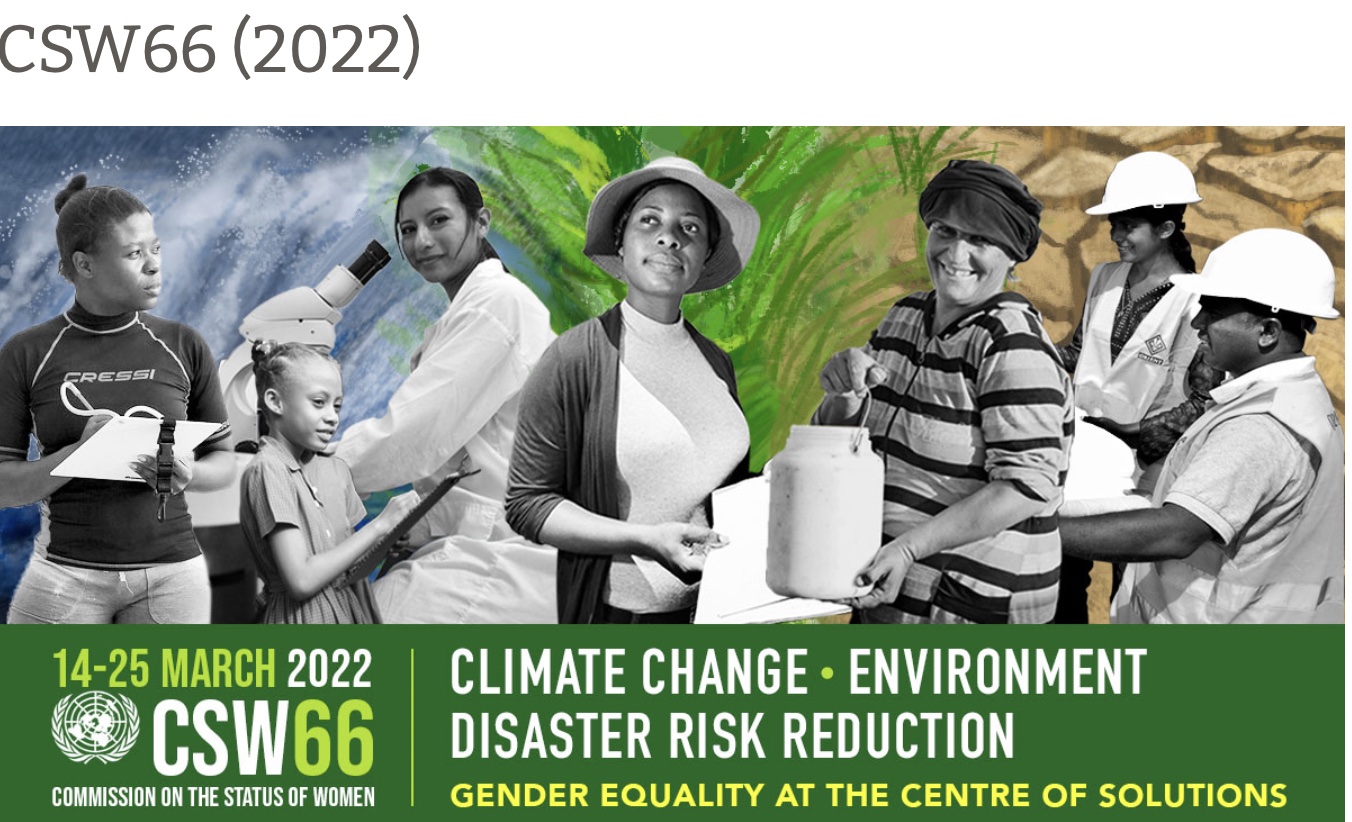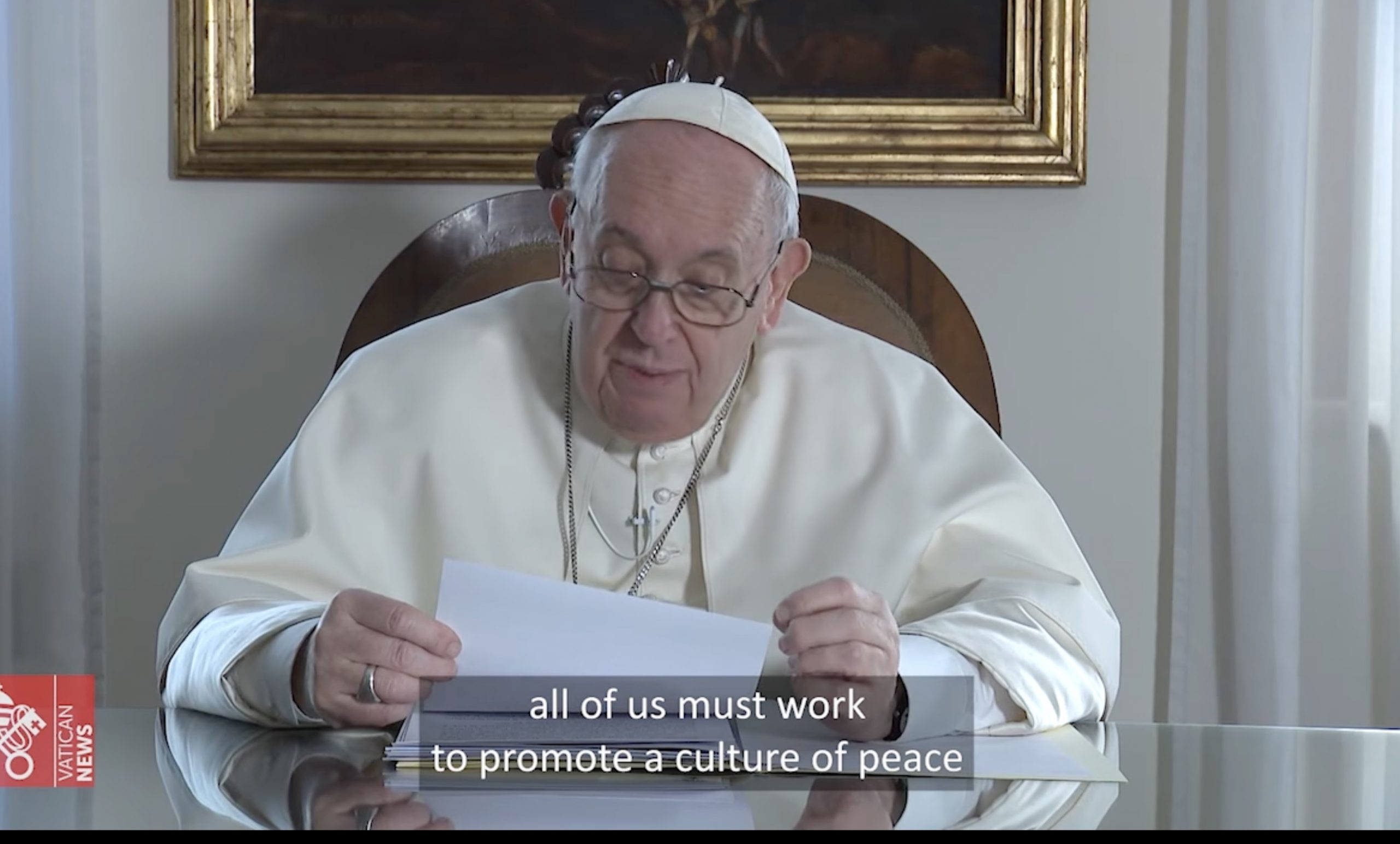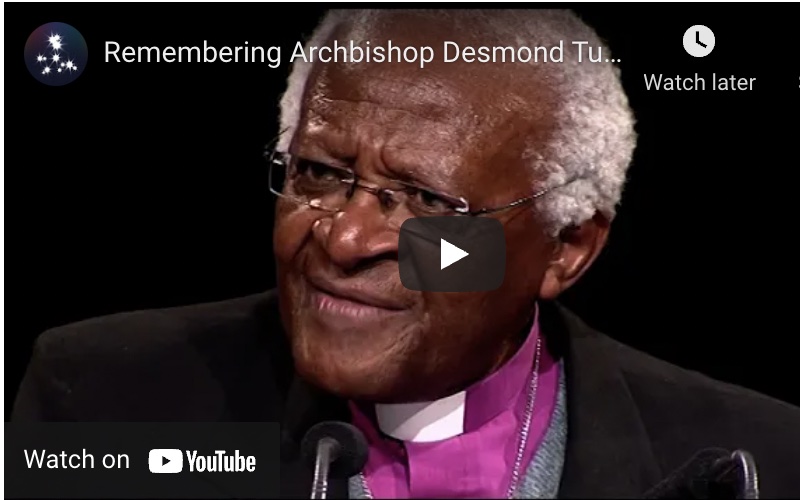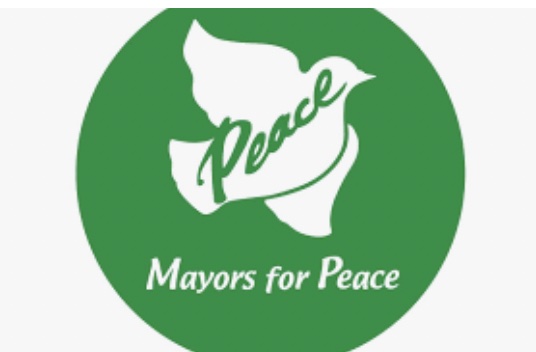… . HUMAN RIGHTS … .
An article from Amnesty International
It’s been a busy year for Amnesty International with positive changes taking place around the world. Laws have been rewritten, awards have been won, prisoners of conscience released and our supporters have continued to campaign with passion to ensure people can live free from torture, harassment or unjust imprisonment. Here’s a round-up of human rights wins to celebrate this year…

January
Global: Amnesty International’s ground-breaking report on how health workers around the world had been exposed, silenced and attacked during the Covid-19 pandemic resulted in Ibrahim Badawi, a doctor, and Ahmad al-Daydoumy, a dentist, being released from detention in Egypt in January and March this year. They were just two of the many health workers arbitrarily detained in 2020 in Egypt, on vague and overly broad charges of “spreading false news” and “terrorism”, which Amnesty highlighted in its research.
February
Sri Lanka: Following the outbreak of Covid-19 in Sri Lanka, a number of people from the Muslim community were forcibly cremated on the instructions of the authorities and against the wishes of the deceased’s families. Amnesty International called for Sri Lanka’s authorities to respect the right of religious minorities to carry out the final rites of their relatives in accordance with their own traditions unless restrictions were needed to prevent the spread of COVID-19. Amnesty also engaged with Organization of Islamic Cooperation (OIC) states to impress upon the Sri Lankan government to change this discriminatory policy, and placed op-eds in Pakistan and Bangladesh ahead of a key session of the United Nations Human Rights Council. As a result, Sri Lankan authorities decided to end the practice of forced cremations for victims of Covid-19 in February.
March
Bahrain: Amnesty International helped to secure several prisoner releases in Bahrain this year, including four children who had been tried as adults. In March, a Bahraini court suspended a six-month prison sentence against the four and placed them in a rehabilitation programme instead – one week after Amnesty issued an urgent action. In April, there was more good news with the release of prisoner of conscience, Mohammed Hassan Jawad, who had been serving a 15-year prison sentence for his peaceful participation in the 2011 uprising. Amnesty International has been campaigning for his release for a decade. In another breakthrough, on 11 March, the European Parliament adopted a resolution on Bahrain’s human rights situation and its treatment of human rights defenders, followed by another in September on Emirati prisoner of conscience Ahmed Mansoor – which echoed Amnesty’s recommendations.
Japan: In March, a Japanese court ruled that the government’s failure to recognize same-sex marriage was unconstitutional – the country’s first-ever judicial ruling on marriage equality. The decision was a ground-breaking step for same-sex couples in their pursuit of equal rights and could set an important precedent for similar cases filed by other same-sex couples in Japan. This followed campaign calls and petitions from Amnesty International and others.
Iraq: The Iraqi parliament passed the Yezidi Survivors Law which provides a framework for reparations for many survivors of ISIS atrocities in northern Iraq, including women and girls who were subjected to sexual violence and child survivors who were abducted before the age of 18. This was a key recommendation in a report published last year by Amnesty International on the physical and mental health crisis endured by Yezidi children separated from their families. The report was also referenced by Angelina Jolie in a speech to the UN Security Council regarding sexual violence in conflict. Additional bylaws were passed in September.
Global: In March, October and November, the International Criminal Court (ICC) announced it would open formal investigations into the situation in the Occupied Palestinian Territory, the Philippine government’s deadly ‘war on drugs’ and crimes against humanity in Venezuela. Amnesty International has been documenting crimes against humanity in all these countries for several years, its research was cited dozens of times in the Prosecutor’s filing.
Madagascar: After months of refusing to acknowledge https://www.dailymaverick.co.za/article/2021-03-22-danger-and-despair-in-madagascar-president-rajoelina-opts-for-miracle-cure-over-covid-19-vaccine/Covid-19, the Malagasy government finally dropped its policy of refusing to order Covid-19 vaccines following pressure from Amnesty and others – giving more people a chance to access life-saving vaccines.
South Africa: In March, police revived an investigation into the 2017 murders of best friends Popi Qwabe and Bongeka Phungula, after receiving a petition signed by more than 341,000 Amnesty International supporters worldwide demanding that their killers be brought to justice. The police have now completed their investigation and handed over the case to the country’s National Prosecuting Authority. After years of distress and anger over irregularities and delays in the original police investigation, Popi and Bongeka’s friends and families finally have reason to believe that justice for their loved ones is on the horizon. “I feel optimistic,” said Popi’s sister Thembelihle. “I feel like finally, something is about to change.”
April
Global: Amnesty International released its flagship annual report, The State of the World’s Human Rights. This latest edition covered the human rights situation in 149 countries and was translated into a record 38 languages. It also included specific advocacy calls on a range of human rights issues.
May
Global: Amnesty International won a prestigious Webby Award for its microsite on the abuse of tear gas by police forces around the world. The site was originally launched in mid-2020, and is frequently updated with new content and evidence of abuses. The material is also still being cited in ongoing advocacy, including in recent US Congressional debates around regulating or banning police use of tear gas.
June
Burundi: NGO worker and human rights defender Germain Rukuki was released from prison after spending more than four years behind bars for standing up for human rights. Initially sentenced to 32 years in prison on baseless charges, Germain was jailed before getting a chance to hold his youngest child, born just weeks after he was detained in July 2017. After more than 400,000 actions calling for his release, Germain is looking to be reunited with his family, who fled the country for fear of reprisals.
China: Amnesty International published an extensive report detailing how the draconian repression faced by Muslims in China’s Xinjiang Uyghur Autonomous Region amounts to crimes against humanity. The report garnered significant global media coverage, and was followed up with a campaign calling for the closure of the internment camps. To date, the ‘Free Xinjiang Detainees’ petition has been signed by more than 323,000 people around the world and Amnesty International’s national teams in 10 countries have held petition handover events.
Pakistan: Amnesty International successfully campaigned for the acquittal and release of Shafqat and Shagufta Emmanuel, a Christian couple, who spent seven years on death row on blasphemy charges.
USA: Decode Surveillance NYC saw more than 7,000 Amnesty International supporters from 144 countries map 15,000 surveillance cameras across New York City which can be used by the NYPD to track people using facial recognition software. The results of the innovative project helped campaigners push local legislators for a ban on the use of the discriminatory technology.
Nepal: After the launch of Amnesty International’s report, “Struggling to breathe”: The second wave of Covid-19 in Nepal, which was followed by sustained campaigning and advocacy initiatives, the Japanese government donated 1.6 million vaccines to Nepal, Bhutan donated 230,000 and the UK donated 130,000 doses.
(Article continued in right column)
Question(s) related to this article:
What is the state of human rights in the world today?
(Article continued from left column)
Nigeria: The Court of Justice of the Economic Community of West African States (ECOWAS) granted an order to prohibit Nigerian authorities from prosecuting anyone using Twitter in the country. This victory for freedom of expression came after Amnesty International helped Nigerian NGO, the Socio-Economic Rights and Accountability Project (SERAP), to bring a case against the Nigerian authorities over their threat to prosecute anyone using Twitter after they implemented a blanket ban on the social platform in June.
July
Nicaragua: After more than two years locked up in an immigration detention facility in California where she was abused and denied access to adequate medical care, Maura Martínez, a transgender woman originally from Nicaragua, was finally freed in July. Martínez had spent half her life in the United States where she sought safety after experiencing relentless gender-based violence while living in Mexico. However, after a legal incident, US authorities detained and threatened to deport her. Thanks to a global campaign by Amnesty International and partner organizations, she is now free and able to live in the USA while she awaits the adjudication of her asylum claim.
Honduras: On 5 July 2021, a court in Honduras convicted David Castillo, the former manager of the company Desarrollos Energéticos and the person in charge of the Agua Zarca hydroelectric project, of participating in the 2016 murder of the human rights defender Berta Cáceres. Amnesty International has campaigned for justice for Berta for years and continues to demand that all those responsible for ordering or carrying out her murder face justice.
Denmark: In early 2021, the Danish government proposed a draft law to parliament granting police the power to issue a “security-creating assembly ban” if a group of people exhibited “insecurity-inciting behaviour”. Amnesty Denmark and partners successfully prevented the Danish government from passing the law, which would have put undue restrictions on the right to protest. They won the Civic Pride Award 2021 for their campaigning. Another award winner was Amnesty Hungary, which campaigned against the abusive and stigmatising LexNGO law, as part of the Civilisacion coalition. Over 3 years, the coalition fought LexNGO, taking the case to the European Court of Justice, which eventually led to the repeal of the law.
Sierra Leone: After years of sustained campaigning from Amnesty International and others, the parliament voted to abolish the death penalty in Sierra Leone for all crimes. The Act, approved by parliament in July, was being finalised before President Julius Maada Bio can sign it into law. The process of commuting all outstanding death sentences has already begun. As of 30 June 2021, 21 countries in Sub-Saharan Africa had abolished the death penalty for all crimes.
Latin America: Amnesty International celebrated the achievements of its five-year human rights education programme, It’s My Body!, which set out to educate young people in Argentina, Chile and Peru about sexual and reproductive rights, enabling them to make positive changes in their community. Hundreds of young people were trained to provide support to others and the impact has been incredible. In Argentina, one young person successfully reformed a school curriculum to include comprehensive sexuality education, while in Peru, young people who took part in the project trained parents and teachers across the country.
USA: After the previous US federal administration carried out 13 executions in six months, on 1 July 2021, the US Attorney General Merrick Garland announced the establishment of a moratorium on executions pending the review of policies and procedure by the Department of Justice. Amnesty International has been one of the organizations campaigning for this outcome and will continue to work until this temporary measure is turned into permanent abolition of the US federal death penalty [and all death sentences are commuted.
August
Afghanistan: Following the collapse of the Afghanistan government after the Taliban seized power in mid-August 2021, Amnesty International researchers continue to investigate atrocities committed by the group and were able to verify two massacres of Hazara people in the provinces of Ghazni and Daykundi by Taliban fighters. These reports were among the first evidence that the Taliban continued to persecute marginalized communities in Afghanistan as they took control of the country. Amnesty International also published powerful testimony from girls who were excluded from school, amidst ongoing Taliban threats and violence.
September
Guinea: After months of campaigning from Amnesty International and its supporters, pro-democracy activist Omar Sylla was unconditionally released on 6 September, the day after the military led a coup against President Alpha Conde. Following his release, dozens of political activists were also released and charges were dropped by the judiciary.
Tunisia: Research by Amnesty International helped to end the practice of arbitrary travel bans imposed on many Tunisians following President Kais Saied’s seizure of exceptional powers. After Amnesty published a story on the situation, the president issued a statement on 17 September ordering the border police “not to impose any travel ban on people unless through a judicial order”.
Global: Following years of advocacy, pressure and engagement from Amnesty International, the Human Rights Council recognized the Right to a Safe Clean Healthy and Sustainable Environment and created a Special Rapporteur on Human Rights and Climate Change – an emphatic statement leading up to COP26 about the link between human rights and the environmental crisis.
Central African Republic: Two men suspected of crimes against humanity Mahamat Said Abdel Kani and Eugene Barret Ngaikosset were finally arrested, with Ngaikosset placed in custody by the Special Criminal Court (SCC). It was the first time the SCC publicly named a suspect and it came after Amnesty International called for the SCC to address its lack of transparency. Amnesty International has been advocating for justice for war crimes and crimes against humanity committed in CAR for a number of years and our work – together with others – contributed to these two individuals being arrested.
October
Global: The European Parliament’s Daphne Caruana Prize for Journalism was awarded to the Pegasus Project, which saw Amnesty partner with major media organizations to expose the vast scale of violations perpetrated through secretive cyber surveillance. The revelations made global headlines and led to spyware company NSO Group being blacklisted by the USA, as well as triggering investigations in multiple countries, and calls for the surveillance industry to be properly regulated.
Moldova: The parliament of Moldova ratified the Council of Europe Convention on the Prevention and Suppression of Violence against Women and Domestic Violence (Istanbul Convention), opening the door to better protection and support to survivors of domestic violence and violence against women. According to the Moldovan government, the country has already adapted more than 20 legislative acts to meet the requirements of the convention. To date, the only other country in Eastern Europe and Central Asia to ratify the convention, in addition to Moldova, is Georgia. Amnesty has been actively promoting women’s rights and the fight against domestic violence for years.
Kosovo: Following an intervention from Amnesty International, Austrian-based Kelkos Energy withdrew its baseless defamation lawsuits against environmental activists Shpresa Loshaj and Adriatik Gacaferi, who had publicly raised concerns about the environmental impact of hydropower projects. Austrian-based Kelkos Energy was using these lawsuits to intimidate and silence Shpresa and Adriatik from speaking out about the possible environmental damage caused by the company’s exploitation of Kosovo’s natural resources.
Turkey: A court acquitted 18 students and an academic who had been prosecuted for taking part in a peaceful campus-based Pride parade in Ankara in May 2019, which was met with police using pepper spray, plastic bullets and tear gas. Their acquittal after a protracted legal battle was a victory for justice. The case of the METU students was part of Amnesty International’s flagship Write for Rights campaign in 2020. More than 445,000 people from 43 countries demanded their acquittal.
Global: Following pressure from Amnesty’s international and partner organisations, the Executive Office of the UN Secretary-General announced plans to mainstream children’s rights within the UN system. The announcement followed a successful UN side-event organised jointly by Amnesty International and its partners, featuring an address by Amnesty’s Secretary General, Agnes Callamard.
November
Guinea Bissau and Niger: Guinea Bissau and Niger declared they would allow individuals and NGOS to submit complaints to the African Court on Human and Peoples’ Rights, bringing the number of countries to sign the declaration to eight. Amnesty’s advocacy campaign was pivotal, thanks to its educational video, social media campaign and sustained engagements with African Union actors and civil society groups.









